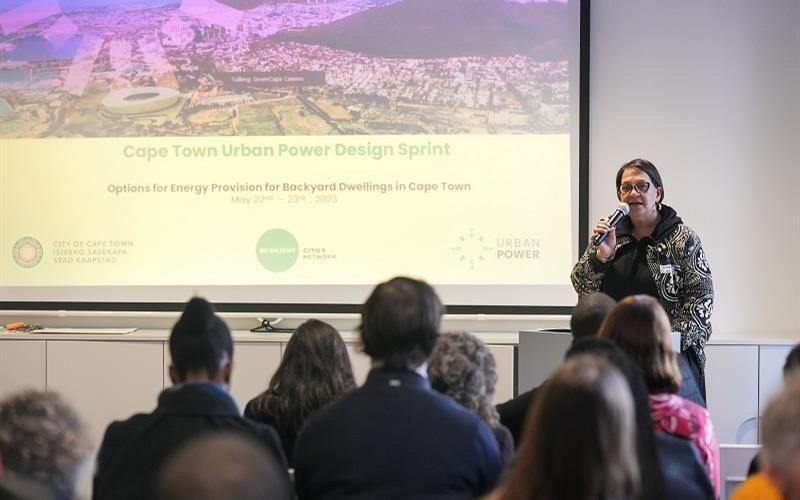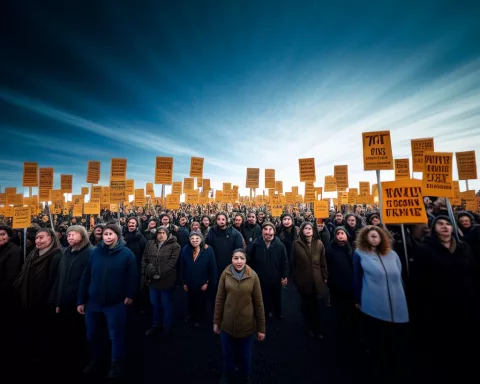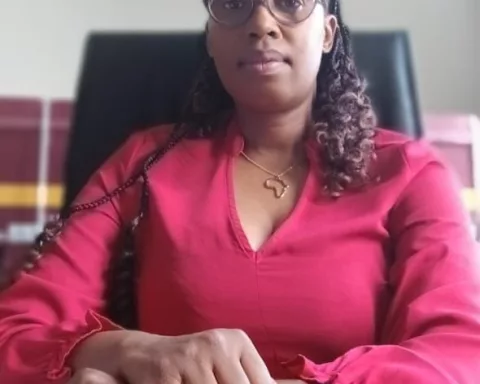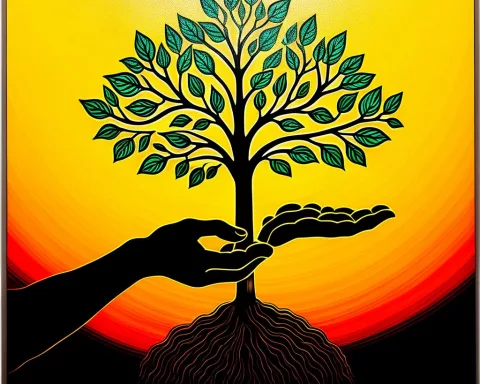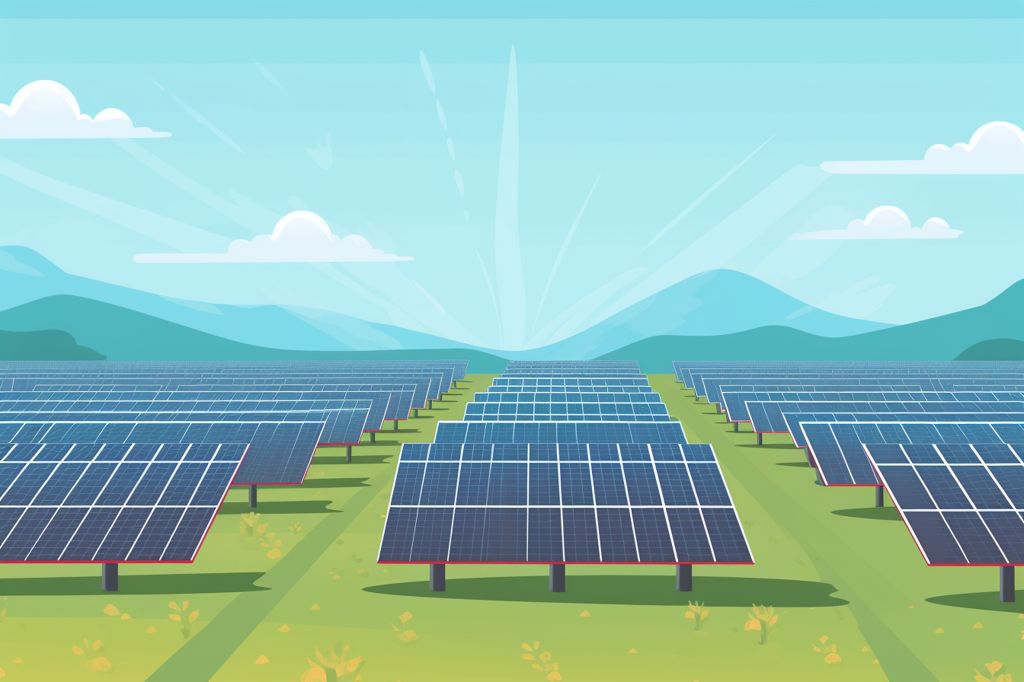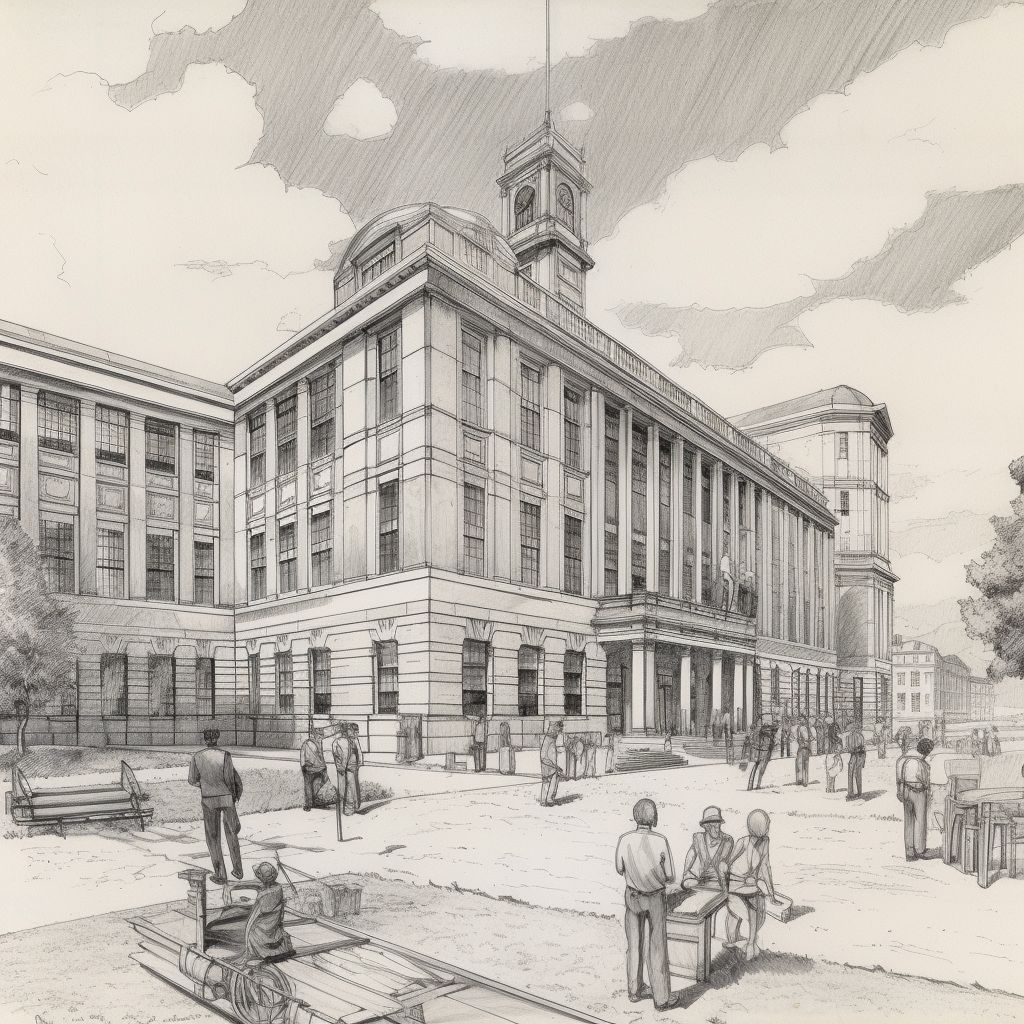Energy poverty is a significant challenge facing many communities in Cape Town, particularly those living in backyard dwellings. Backyarders, who often live in informal settlements, face significant energy challenges due to a lack of access to essential energy subsidies, such as the Free Basic Electricity (FBE) offered by the city.
Exploring Innovative Energy Solutions
To address these challenges, the City of Cape Town, in partnership with the Resilient Cities Network, recently hosted a workshop aimed at exploring innovative energy solutions for backyarder communities. The workshop focused on identifying potential interventions to mitigate energy poverty for backyarders and highlighted the importance of social and economic justice in service delivery.
Prioritizing the Needs of Vulnerable Communities
The City’s Sustainable Energy Market department and the Resilient-Cities Network through the Urban Power Programme collaborated to prioritize the needs of vulnerable communities within the metropolitan area. This commitment to creating a City of Hope for all residents underscores the importance of addressing energy poverty in the city.
Alternative Energy Solutions
Moreover, the City’s Energy Directorate is developing a policy framework for Free Basic Alternative Energy (FBAE) to cater to residents who cannot connect to the formal power grid. The exploration of alternative energy solutions marks a significant step towards addressing energy poverty in the city. Although many backyarders have electricity access, it’s often inadequate and unaffordable.
Ongoing Engagement and Novel Solutions
The City is committed to ongoing engagement with backyarder communities and the pursuit of novel solutions. The recent workshop is just the beginning in identifying actionable energy interventions for low-income and energy-vulnerable households. Cape Town will continue to explore innovative ways to ease the burden of energy poverty and foster a more equitable and sustainable future.

